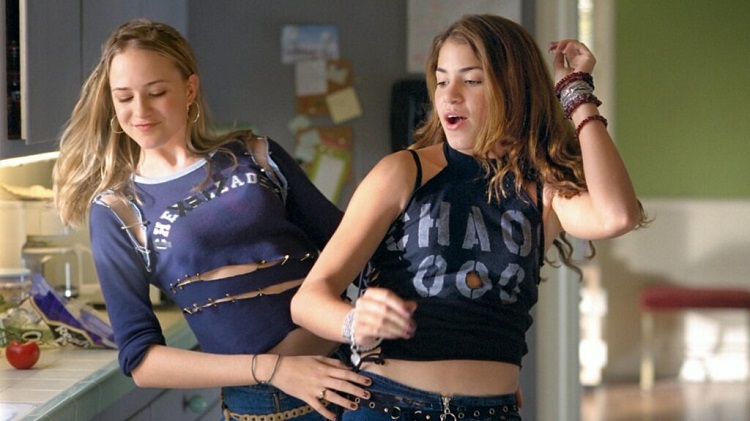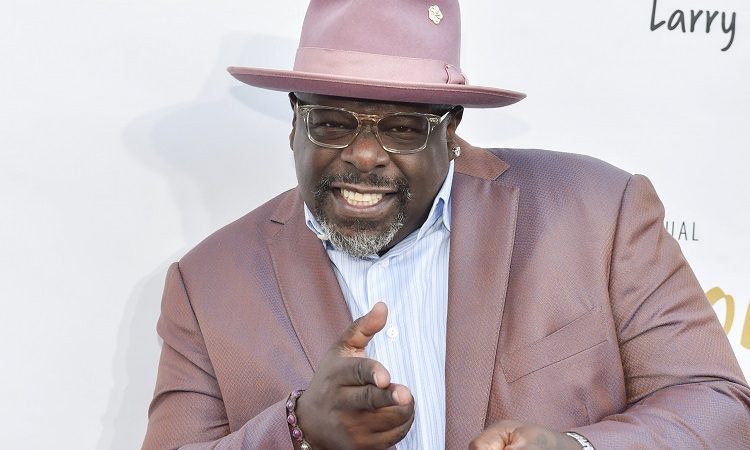Movies like Thirteen: Exploring the Impactful Realm

Coming-of-age films have long held a poignant place in cinema, captivating audiences with their raw portrayal of adolescence, rebellion, and self-discovery. Among these, “Thirteen,” directed by Catherine Hardwicke, emerged as a visceral and unflinching exploration of the turbulent journey through adolescence, leaving an indelible mark on viewers.
Released in 2003, “Thirteen” delves into the tumultuous life of Tracy, played by Evan Rachel Wood, as she navigates the pitfalls of teenage angst, peer pressure, and self-identity. The film’s candid depiction of the struggles faced by adolescents resonated deeply, earning critical acclaim and sparking conversations about the often overlooked challenges faced by teenagers.
However, “Thirteen” stands as a mere fragment within a rich tapestry of coming-of-age cinema. Countless films have embraced similar themes, each offering a unique lens through which to examine the complexities of growing up.
One such film is “The Edge of Seventeen” (2016), directed by Kelly Fremon Craig. The story revolves around Nadine, portrayed by Hailee Steinfeld, who grapples with the trials of high school life after her best friend starts dating her older brother. The film captures the essence of isolation, vulnerability, and the quest for belonging, resonating with audiences through its relatable characters and genuine emotions.
Another notable addition is “Lady Bird” (2017), Greta Gerwig’s directorial debut. The film follows Christine “Lady Bird” McPherson, played by Saoirse Ronan, as she navigates her senior year in a Catholic high school while grappling with her strained relationship with her mother. “Lady Bird” beautifully encapsulates the nuances of familial relationships, the pursuit of independence, and the bittersweet realization of one’s roots while chasing dreams.
Furthermore, “Eighth Grade” (2018), directed by Bo Burnham, offers a contemporary portrayal of adolescence in the digital age. The film follows Kayla, portrayed by Elsie Fisher, as she traverses the challenges of social media, self-image, and the longing for acceptance during her last week of eighth grade. It encapsulates the pressures of modern teenage life with authenticity, striking a chord with both young audiences and older generations.
Each of these films, much like “Thirteen,” captures the essence of adolescence with unfiltered honesty, presenting an array of emotions, struggles, and pivotal moments that define the transition to adulthood. They resonate because they are rooted in genuine experiences, transcending the screen to connect intimately with viewers.
Conclusion
What sets these movies like thirteen apart is their commitment to portraying the rawness of teenage life without sugarcoating the hardships. They serve as mirrors reflecting the universal journey of self-discovery, rebellion, and the pursuit of identity, offering solace and understanding to those who may be navigating similar turbulent waters.
As cinema continues to evolve, the legacy of “Thirteen” endures, not as a singular narrative but as a testament to the enduring relevance of coming-of-age stories in cinema. These films stand as tributes to the resilience of youth, showcasing the complexities of growing up and reminding us of the profound impact adolescence has on shaping our lives.






